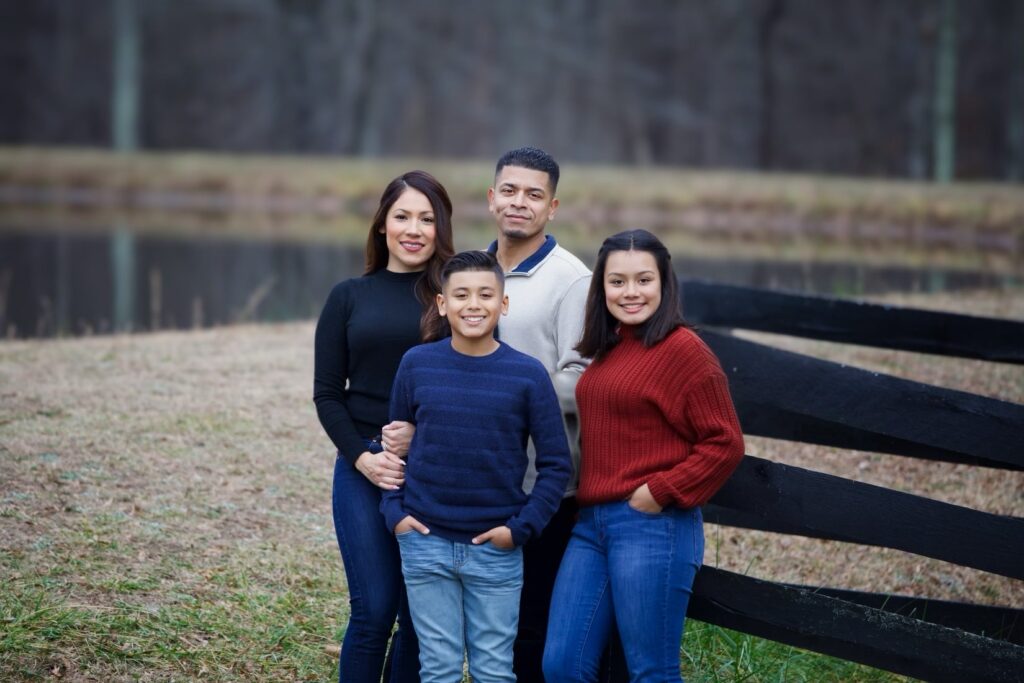In the newly drawn lines for Virginia’s 7th District, neither Rep. Abigail Spanberger (D) nor Prince William Supervisor Yesli Vega (R) enjoy the advantages of incumbency, making this seat a true toss-up and an indicator as to how Republicans will fare nationally.
Thus far, while Spanbeger has enjoyed the backing of the DCCC and other special interest groups, Vega’s incumbency in Prince William combined with the Fredericksburg area’s inherent (but tested) Republican lean means that the entire race comes down to one thing — rural turnout vs. suburban burnout.
The problem for the Democrats nationally is that the issues they want to talk about — namely January 6th and abortion — aren’t precisely selling in an environment more concerned about the strength of the economy and inflation, as the RTD’s Jeff Schapiro notes:
The president’s [Biden’s] name isn’t mentioned much.
“I don’t feel this is the rock-star election cycle,” Spanberger said after a pep talk to about 30 activists at a phone bank at a vineyard on U.S. 29 in Culpeper County, “This is the hard-work, nuts-and-bolts election cycle.”
In politics, this is what defense sounds like.
Not just defense, but a retreat that is showing all the signs of turning into a rout.
VA-07 is a seat that Youngkin carried in 2021 by a whisker and a seat where Spanberger initially polled five points stronger than Vega.
In politics, any challenger has two tasks: (1) to give a reason to fire the incumbent and (2) to give a reason to hire the challenger. Spanberger’s strategy early was to deny Vega that second task, spending millions defining Vega as a pro-life Christian conservative.
The effort backfired tremendously, as Vega was spared the task of having to spend money introducing herself to voters, Spanberger already having graciously done the work.
Vega has done a substantial job of simply defining who she is as a Republican against Spanberger’s record as a Pelosi-style Democrat.
Spanberger on defense resorted to the tried-and-true method of playing the centrist, earning endorsements from former Rep. Denver Riggleman (R) and two local law enforcement chiefs, a strategy indicating that Spanberger’s internals show her ahead, but certainly on defense as undecideds begin to break for the challenger.
If the traditional theory holds that undecideds break 2:1 in favor of the challenger, Vega should make this race perceptibly close, but too close for comfort. Which is where the national generic ballot comes into play, as the present R+3 environment might make things close, but an R+6 environment spells doom for Spanberger.
The question here is whether or not Spanberger has done the task of reminding voters that Vega represents everything they didn’t like about Trump, while shoring up her centrist bona fides in order to prevent Vega from overwhelming her in a tough election year.
Vega’s task is two-fold, reminding voters that Spanberger is a participant and not a bystander in the Biden administration’s approach to the economy, and demonstrating why Vega’s values remain a better match for the district’s demographics.
There remains one final test.
There’s an old adage used by amateur and greedy consultants that “signs don’t vote” — they don’t, of course, but they are a damn fine indicator of those who do vote. What’s more, they encourage fence sitters to realize that they aren’t alone and draw out more of the same.
Thus the true test? Is the Route 208 Sign Wars (TM) — the drive from Lake Anna to Spotsylvania Courthouse.
My take? Spanberger initially had the lead until VDOT mowed the byways, and it became clear that Vega signs were in more yards.
I’d still call it even, but the edge goes to Vega.

